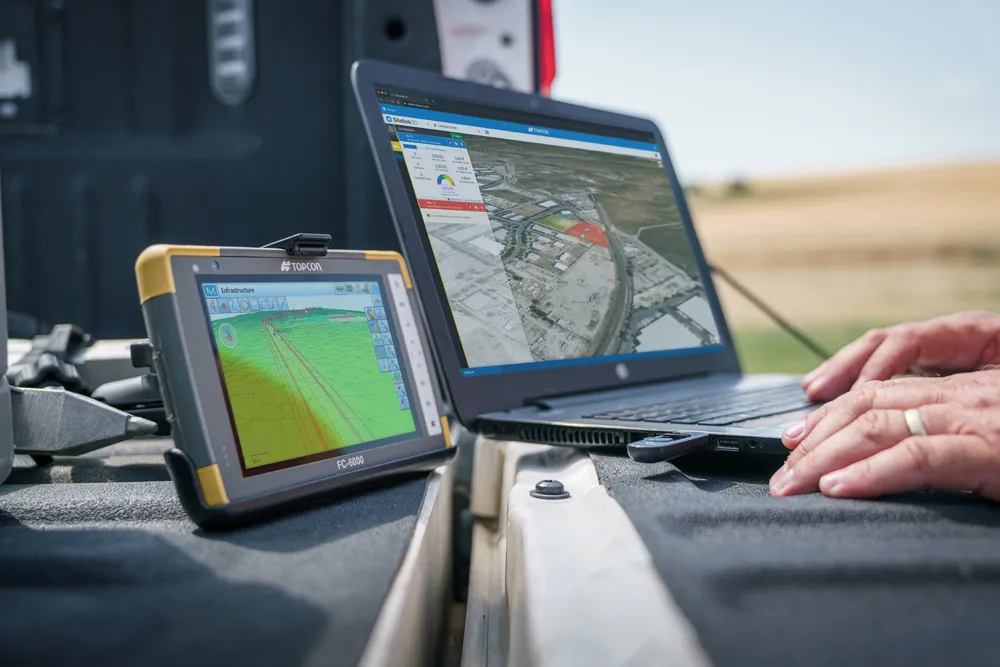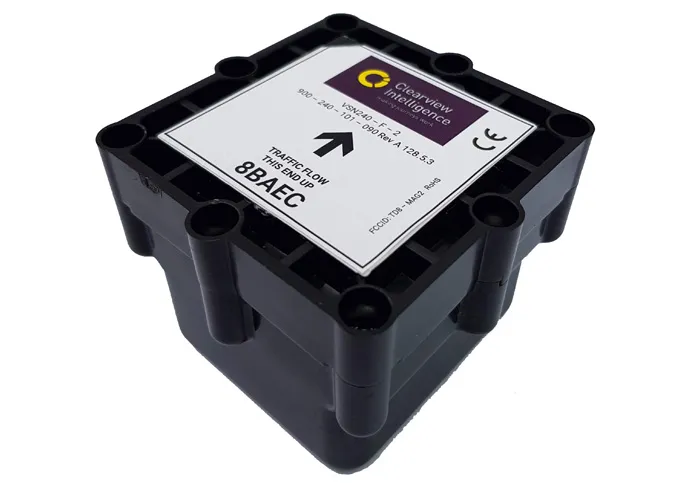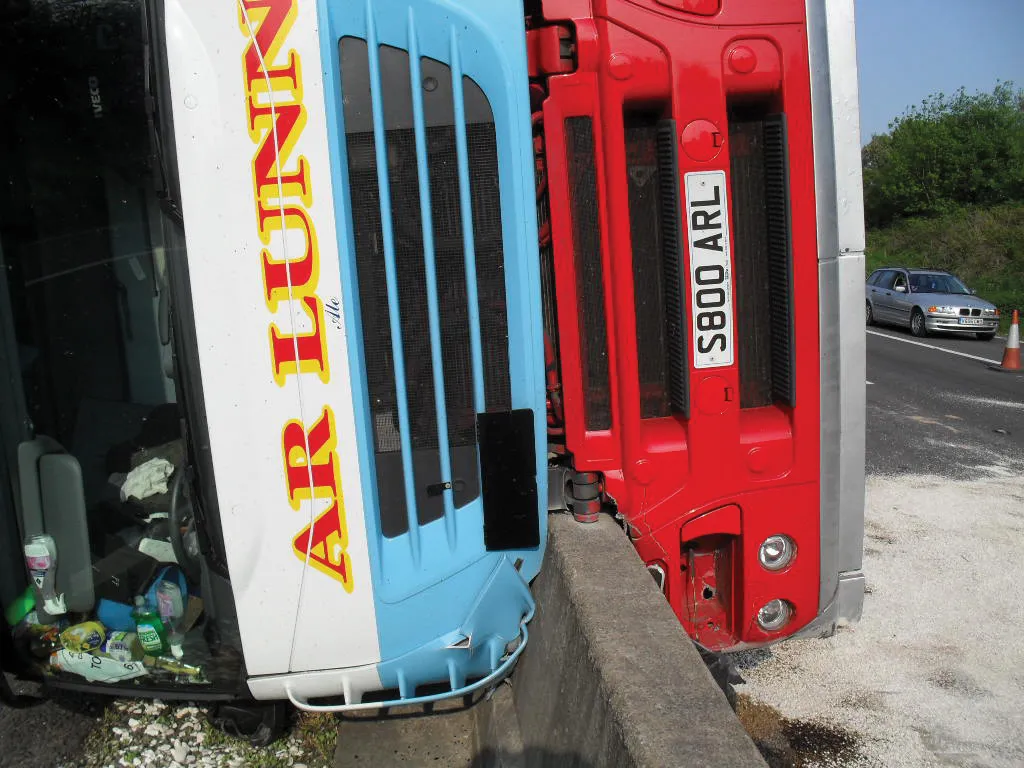
Swarco has signed an agreement with the Welsh city of Swansea to design and install signage to support the new 32kph (20mph) urban speed limit.
In March, the Welsh government passed a law which from September will see the default speed limit on restricted roads in Wales reduced from 30mph (50kph) to 20mph. To support the upcoming changes to the speed limit, local authorities in Wales are working to make the necessary alterations to existing highway signage to ensure drivers are aware of the changes.
Following an open competitive tender process on Sell2Wales in late 2022, Swansea Council entered into a commercial contract with Swarco to replace its existing vehicle speed activated signs (VAS) with new electronic sign units that dynamically display the approaching vehicle’s actual speed. These signs will display the vehicle speed in ‘GREEN’ if the vehicle is complying with the new default speed limit and in ‘RED’ if not. This new contract is designed to work in co-ordination with an existing service and maintenance contract which was already in place.
The new agreement will see Swarco install 120 bespoke vehicle activated signs throughout Swansea. The signs, which are all manufactured and rigorously tested at Swarco’s factory in Melsonby in the English county of North Yorkshire, feature Swarco’s EPIX lens technology system to ensure the lowest power consumption.
The signs use a radar to detect vehicle speeds and use an energy efficient LED display to clearly show messages to oncoming drivers, as well as being equipped with highly intelligent internal data logging, which is stored within the signs, to provide statistical feedback and data on the number of activations, vehicle speeds and volumes. The council will be able to easily monitor changing driver behaviour.
“We are pleased to further extend our working relationship with Swansea Council,” said Derek Williamson, business development manager at Swarco UK & Ireland. “We have worked closely with them to fully understand their requirements and have designed a high quality, reliable, durable and energy efficient solution that delivers a low lifetime cost.”








